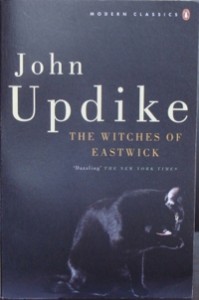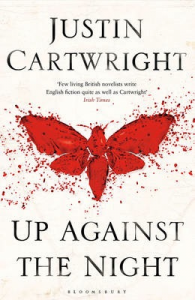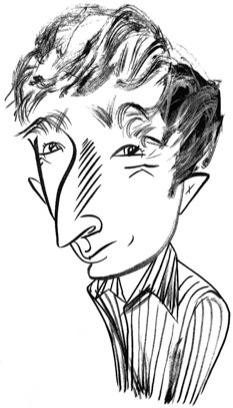In a piece written for The Guardian, Updike biographer Adam Begley noted, and not without some experience, “Widows and biographers don’t get along. . . . To the widow, or widower, or surviving children, any biography that digs deep into the private life of the subject is almost guaranteed to be obnoxious.
 “There are exceptions: John Cheever’s family allowed Blake Bailey full and free access to papers they knew (or at least strongly suspected) contained sad and sordid secrets. But it’s a safe bet that any family will want the biographer to focus on public achievements, not private peccadilloes. You can’t libel the dead, but revealing the seamy side, or simply speaking ill of them, invariably causes collateral damage, mostly to descendants but occasionally (think David Foster Wallace) to parents.”
“There are exceptions: John Cheever’s family allowed Blake Bailey full and free access to papers they knew (or at least strongly suspected) contained sad and sordid secrets. But it’s a safe bet that any family will want the biographer to focus on public achievements, not private peccadilloes. You can’t libel the dead, but revealing the seamy side, or simply speaking ill of them, invariably causes collateral damage, mostly to descendants but occasionally (think David Foster Wallace) to parents.”
Begley concludes that while “literary lives are tasteful, biographies are not. I know this to be true because when I was writing my biography of John Updike, I always insisted, snobbishly, that it was a book about how Updike’s life shaped his work. I looked down my nose at sensational biographies that aimed to satisfy the prurient curiosity of that mythical creature, the ‘average’ reader. The prospect of digging up dirt, even accidentally, appalled me. It made me squeamish.
“Yet because Updike was a self-confessed serial philanderer, I was repeatedly quizzed—by my friends and his—about his sex life. It was the inescapable topic. I righteously declined to name names, and omitted as many graphic details as I could,” he writes. “And then it emerged, after I finished the book, that there was a character who had spent the last three years of Updike’s life sifting through the author’s trash, creeping up to the bottom of Updike’s driveway and hauling off garbage bags so he could hunt at his leisure for collectible memorabilia—anything with Updike’s handwriting on it, from discarded drafts to cancelled cheques. This revelation sickened me, in part because I could see, obscurely, a parallel with what I’d done.
“Tasteful biographers sift through archives, not trash cans. But what they look for is biographical gold (very valuable dirt), and that nearly always involves something written for private purposes: unpublished letters, say, or a diary no one knew about. Is unearthing this treasure very different from going through the garbage? I used to be sure, now I’m not.”
“Dirt for art’s sake: what’s offensive and what’s essential in author biographies?”








